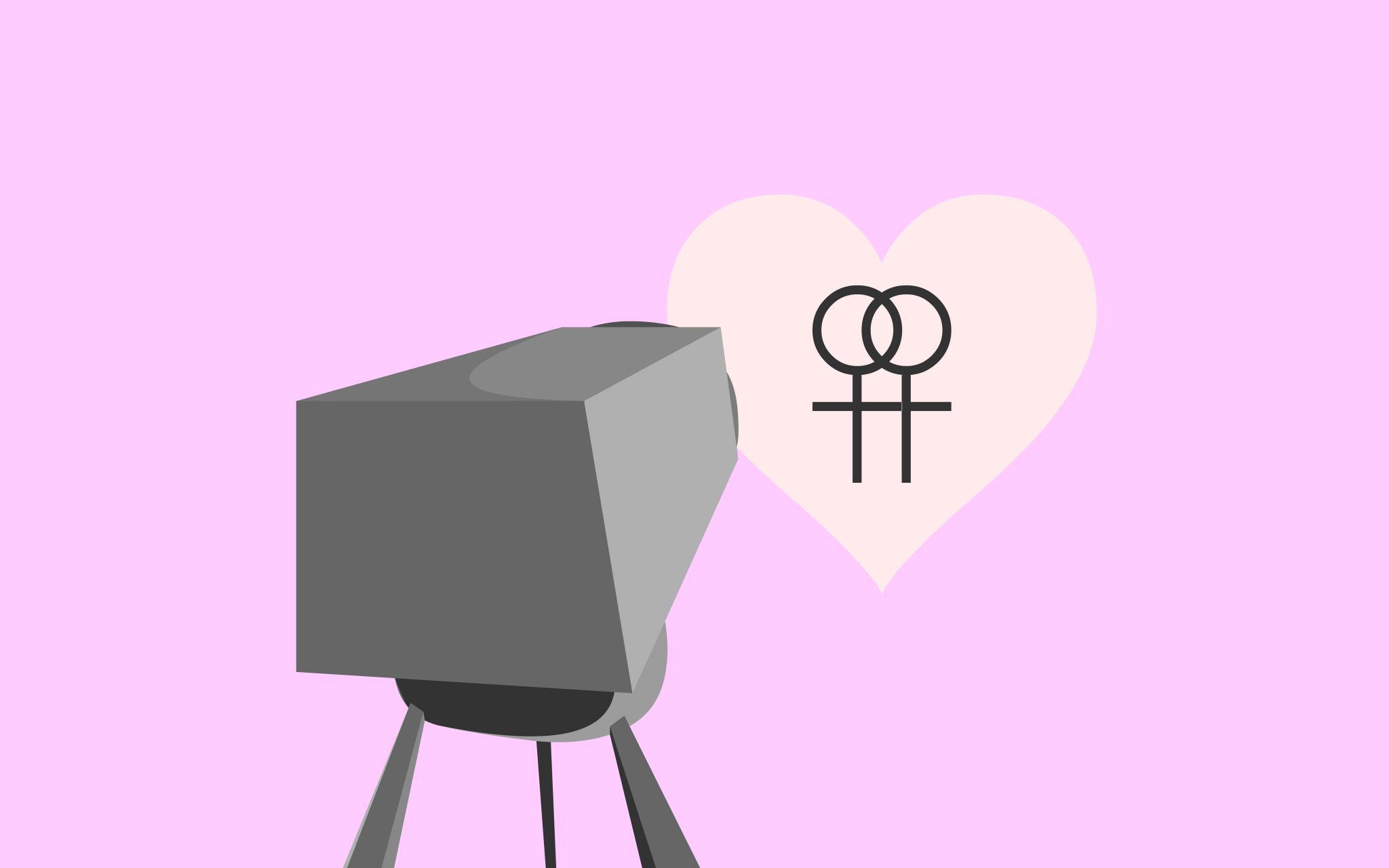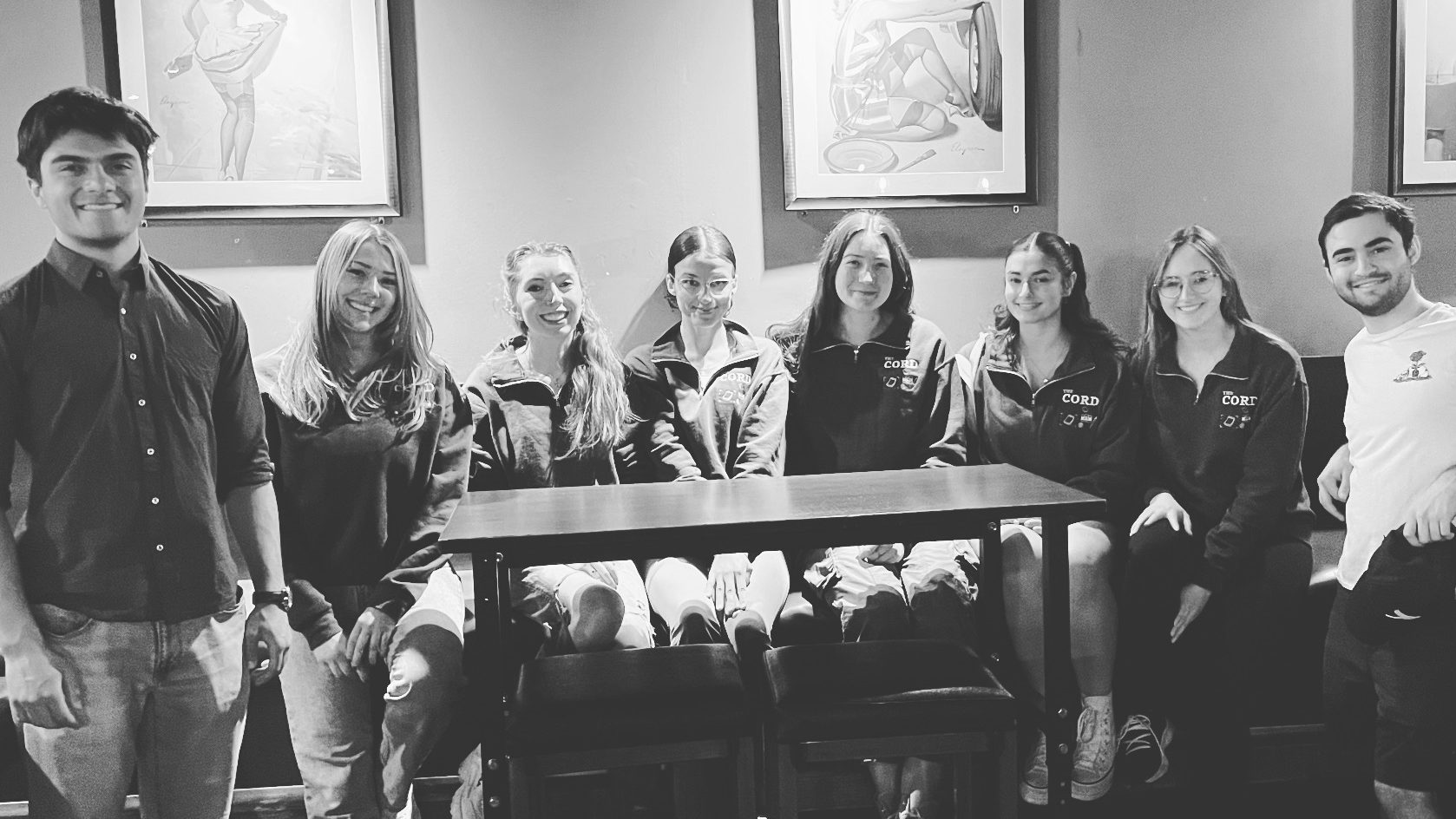
Representation is a bit of a buzzword when considering the modern media. White, heterosexual, cis-gendered people try their best to include it and everyone else is desperate to see themselves well represented.
Modern media tries its best to include depictions of same-sex relationships between women. Sometimes it succeeds, sometimes it fails.
A bad example is The 100’s Lexa. Her onscreen journey is handled well enough and people watching the show were pleased, but when she was killed off, there was severe backlash. The backlash is understandable because gay representation isn’t good if the characters in question are killed off over the heterosexual characters.
A more positive example of depictions would be Holby City’s Bernie and Serena. It’s an extremely rare example where the women come out later in their lives. They’re both middle aged, divorced and go on relatable journeys to accept who they are. While both characters are currently not on the show, they’re both alive and well. The story is handled effectively and is widely accepted by the LGBT+ community.
Gay women shouldn’t have to compromise and “just be happy with the fact” that they’re seeing themselves on TV. They should have accurate and positive representation that doesn’t involve seeing themselves shot by a stray arrow or cheating on their wives.
Two examples of representation that are well received overall, but have a few flaws are Wynonna Earp and The Bold Type. Wynonna Earp features gay women who have a very well handled acceptance and dating storyline – who also don’t die. They, however, have an unfortunate cheating storyline which is an all-too-common trope on television.
The Bold Type has a Muslim lesbian and a black bisexual woman and the acceptance storyline is handled very well. However, similar to Wynonna Earp, The Bold Type features a cheating storyline between the two women. Even Supergirl – which had one of the most wonderful coming out storylines I’ve ever seen on TV – had a story line about cheating.
Cheating storylines are often used to create drama between lesbian couples on TV. It’s poor representation, especially when the woman is bisexual, because it perpetrates the stereotype that sapphic women are cheaters.
Doctor Who, a science fiction TV series, portrays gay relationships between women better than many other TV shows. It has featured a canon lesbian couple from the Victorian era – of which one member is a lizard – who are happily in love and a canon lesbian whose ending is extremely beautiful and fits her character very well. None of these characters have cheating storylines or have been killed off.
This is just a smattering of the sapphic women that TV has portrayed, but it’s important to have a critical view of representation.
Gay women shouldn’t have to compromise and “just be happy with the fact” that they’re seeing themselves on TV. They should have accurate and positive representation that doesn’t involve seeing themselves shot by a stray arrow or cheating on their wives.
Women loving women who stay alive shouldn’t be something revolutionary for a TV show to feature.
Media needs to include everyone, because representation is so important for people of all sorts.
People aren’t all just white, heterosexual and cis-gendered – and you shouldn’t feel different and alone when engaging with entertainment.
Representation matters.








Leave a Reply
You must be logged in to post a comment.